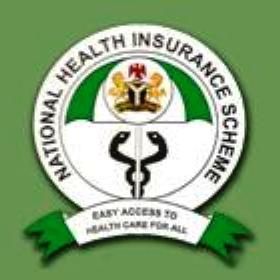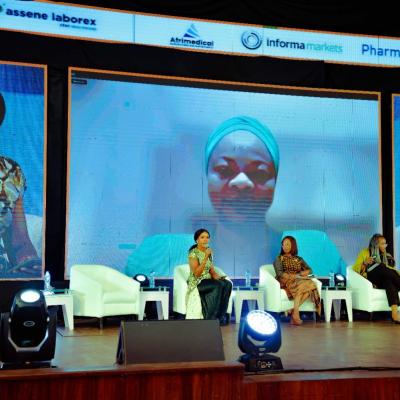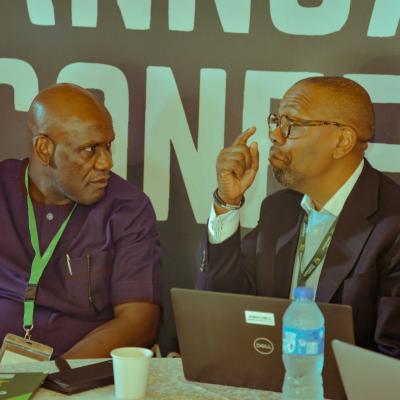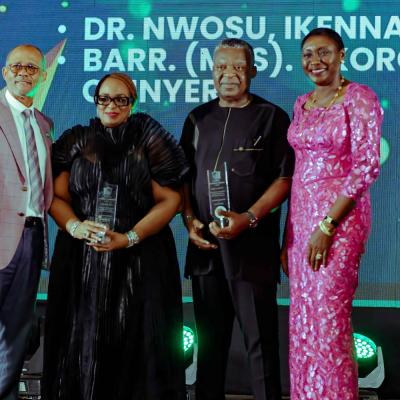In close to two decades of its establishment, to say the activities of NHIS has been a big disappointment to Nigerians is an understatement. Over the years, the spectre of fraud has hovered over and around the scheme. Top officials of NHIS have been accused of bastardising the system and enriching themselves and their cronies to the disadvantage of the health of millions of Nigerians who subscribe to the scheme. The NHIS Act No. 35 of 2004, which saw to the establishment of the scheme in 200 after a 42-year tortuous agitation for a health insurance scheme in the country, envisages that NHIS would improve the health of all Nigerians at an affordable cost. Its 10-point focus include, “to ensure that every Nigerian has access to good health care services; to protect families from the financial hardship of huge medical bills; to limit the rise in the cost of health care services; to ensure equitable distribution of health care costs among different income groups and to maintain high standards of health care delivery services within the scheme.”
Others include “to ensure efficiency in health care services; to improve and harness private sector participation in the provision of health care services; to ensure equitable distribution of health facilities within the Federation; to ensure appropriate patronage of all levels of health care; and to ensure the availability of funds to the health sector for improved services.”
However, 17 years after its take-off, the impact of the insurance scheme on the health of Nigerians has not been felt, as only an insignificant segment of the population, mainly federal and state government employees, has been captured. Those in private and informal sectors have not been brought into the health insurance scheme. Even for those who have enrolled, there are complaints of shoddy services being rendered to them at hospitals because the Health Management Organizations [HMOs] fail to pay hospitals the bills on enrolees who received medical attention at hospitals. The suspended Executive Secretary had lamented that HMOs had received N381 billion from NHIS but paid only 25 per cent of this sum to participating hospitals, the reason for which registered medical centres turn back some enrolees or treat them with low quality drugs.
In the face of this disservice, there are allegations of fake names being inserted into claims by HMOs for which cash is withdrawn from the system. To compound the system, there are allegations that Ministry of Health officials consider contributions by enrolees and their employers into the scheme as slush fund, so they send illegal bills for the purchase of vehicles, sponsorship of trips and other sundry demands to NHIS for settlement. Some of these unholy activities were exposed during the altercation between the suspended NHIS and Ministry of Health officials.
We call for a comprehensive investigation into the mess at NHIS, preferably by an independent body that has the capacity to carry out a forensic probe. We fear that the current system at the Scheme has loopholes which officials exploit to their own advantage. There is, therefore, the need to take another look at the Act setting up NHIS to discover if it has left some flanks open for corrupt-minded civil servants to take advantage of. A situation in which HMOs’ directors are on the board of NHIS would definitely stifle officials from performing their supervisory functions on HMOs.
From all indications, NHIS is in a mess. Government needs to sweep it clean to make the scheme relevant to our quest for accessible healthcare system.
Source:Swankpharm

 The National Health Insurance Scheme (NHIS) came under focus in the last few weeks following allegations of fraud levelled against its Executive Secretary, Professor Usman Yusuf, and his eventual suspension with eight other officials by the Minister of Health, Professor Isaac Adewole. Already, a 14-member probe panel has been set up to investigate the allegations against Yusuf and to scrutinize the activities of the agency to expose the extent of rot in the scheme.
The National Health Insurance Scheme (NHIS) came under focus in the last few weeks following allegations of fraud levelled against its Executive Secretary, Professor Usman Yusuf, and his eventual suspension with eight other officials by the Minister of Health, Professor Isaac Adewole. Already, a 14-member probe panel has been set up to investigate the allegations against Yusuf and to scrutinize the activities of the agency to expose the extent of rot in the scheme.







